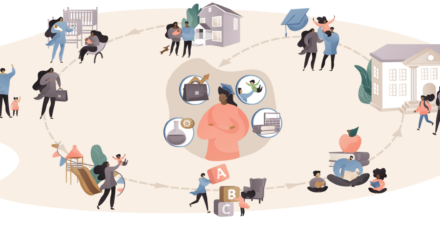Just as investment in physical capital is an important driver of economic growth, investment in human capital is key to the health of the economy as a whole, as well as family wellbeing. Equitable Growth supports research to better understand how unequal access to supportive environments, quality education, and other human capital development opportunities not only drives unequal outcomes for families but also undermines future economic growth.
Featured Research
Experts on the issue
Connect with us!
Get in Touch
Explore the Equitable Growth network of experts around the country and get answers to today's most pressing questions!

















